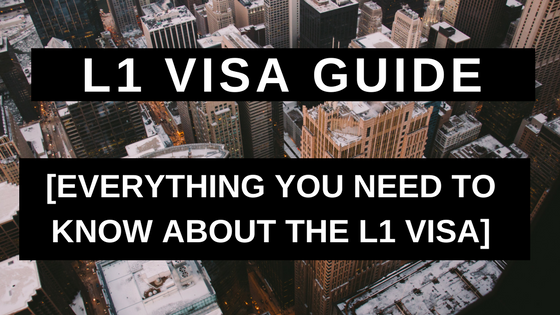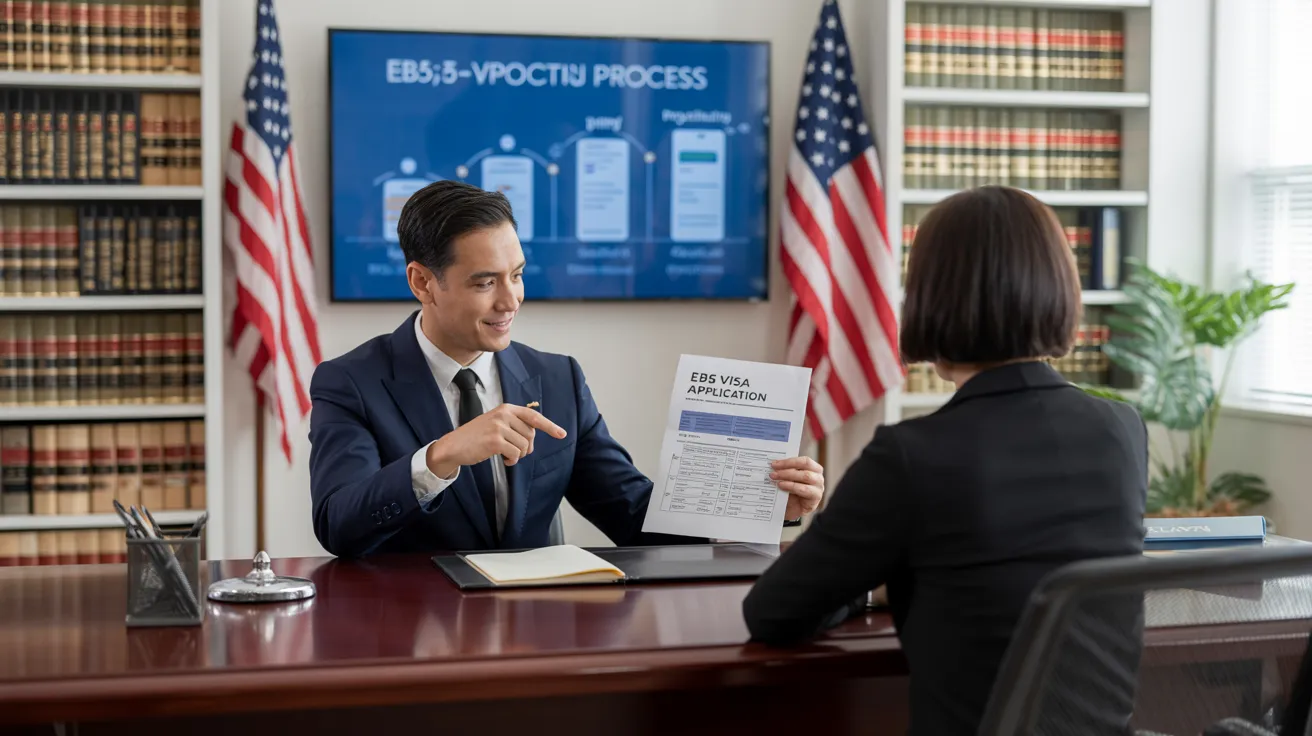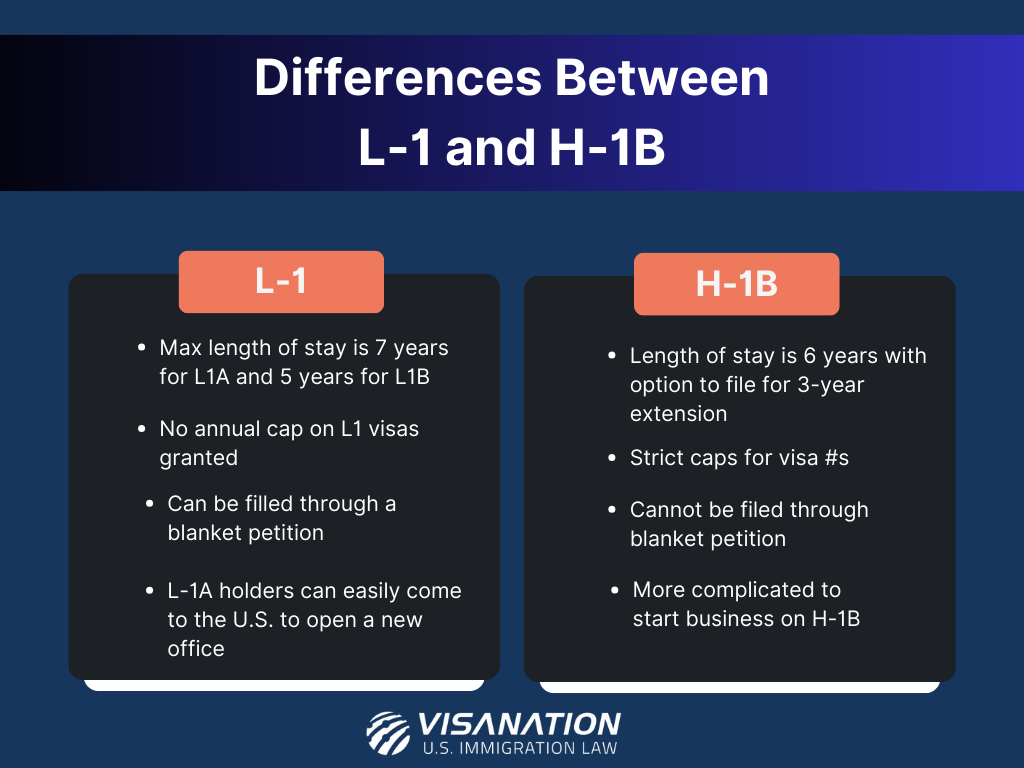L1 Visa Timeline
Not known Details About L1 Visa
Table of ContentsSome Known Details About L1 Visa Indicators on L1 Visa You Should KnowL1 Visa - TruthsThe Facts About L1 Visa RevealedGetting My L1 copyright WorkL1 Visa - An Overview
Available from ProQuest Dissertations & Theses International; Social Scientific Research Costs Collection. DHS Workplace of the Assessor General. Recovered 2023-03-26.
United State Department of State. Retrieved 2023-02-08. Tamen, Joan Fleischer (August 10, 2013).
L1 Visa Things To Know Before You Buy
In order to be eligible for the L-1 visa, the foreign business abroad where the Beneficiary was used and the U.S. business should have a certifying relationship at the time of the transfer. The different kinds of qualifying relationships are: 1.
Company A has 100% of the shares of Business B.Company A is the Parent and Firm B is a subsidiary. There is a qualifying partnership in between the 2 firms and Business B ought to be able to sponsor the Beneficiary.
Example 2: Company A is incorporated in the U - L1 Visa.S. and wants to seek the Recipient. Firm B is incorporated in Indonesia and uses the Recipient. Company An owns 40% of Company B. The continuing to be 60% is possessed and controlled by Business C, which has no relationship to Firm A.Since Business A and B do not have a parent-subsidiary connection, Company A can not fund the Beneficiary for L-1.
Instance 3: Firm A is integrated in the united state and desires to seek the Recipient. Business B is integrated in Indonesia and employs the Beneficiary. Company An owns 40% of Company B. The continuing to be 60% is had by Business C, which has no relationship to Firm A. However, Company A, by formal contract, controls and full manages Company B.Since Firm An owns less than 50% of Company B but manages and controls the company, there is a certifying parent-subsidiary connection and Firm A can sponsor the Beneficiary for L-1.
How L1 Visa can Save You Time, Stress, and Money.
Affiliate: An affiliate is 1 of 2 subsidiaries thar are both possessed and regulated by the very same moms and dad or individual, or had and managed by the exact same team of people, in basically the exact same proportions. a. Instance 1: Firm A is incorporated in Ghana and utilizes the Beneficiary. Company B is included in the U.S.
Firm C, also integrated in Ghana, has 100% of Business A and 100% of Firm B.Therefore, Business A and Business B are "affiliates" or sister business and a qualifying connection exists between both business. Business B must be able to sponsor the Beneficiary. b. Instance 2: Firm A is included in the united state
Business A is 60% possessed by Mrs. Smith, 20% had by Mr. Doe, and 20% owned by Ms. Brown. Company B is included in Colombia and currently employs the Recipient. Business B is 65% owned by Mrs. Smith, 15% had by Mr. Doe, and 20% owned by Ms. Brown. Firm A and Business B are associates and have a certifying partnership in 2 various ways: Mrs.
The L-1 visa is an employment-based visa category developed by Congress in 1970, allowing international business to transfer their supervisors, executives, or essential personnel to their U.S. operations. It is generally referred to as the intracompany transferee visa.

Additionally, the recipient must have worked in a supervisory, exec, or specialized employee position for one year within the three years preceding the L-1A application in the international firm. For brand-new workplace applications, foreign employment must have been in a managerial or executive capability if the beneficiary is concerning the USA to work as a supervisor or exec.
Excitement About L1 Visa

If granted for a united state firm functional for greater than one year, the preliminary L-1B visa is for as much as three years and can be extended for an extra two years (L1 Visa). Conversely, if the U.S. firm is freshly click here established or has been functional for less than one year, the initial L-1B visa is released for one year, with extensions available in two-year increments
The L-1 visa is an employment-based visa category developed by Congress in 1970, enabling multinational companies to move their managers, execs, or key personnel to their U.S. operations. It is frequently described as the intracompany transferee visa. There are two primary kinds of L-1 visas: L-1A and L-1B. These types appropriate for staff members hired in different placements within a company.
What Does L1 Visa Do?
In addition, the beneficiary must have operated in a supervisory, exec, or specialized employee position for one year within the 3 years coming before the L-1A application in the international firm. For new office applications, international work needs to have remained click here in a managerial or executive capability if the recipient is coming to the United States to work as a manager or exec.
for up to seven years to supervise the operations of the U.S. affiliate as an exec or manager. If issued for a united state firm that has actually been operational for greater than one year, the L-1A visa is at first granted for as much as 3 years and can be expanded in two-year increments.
If provided for an U.S. company operational for greater than one year, the initial L-1B visa is for approximately 3 years and can be extended for an additional two years. Conversely, if the U.S. business is recently established or has actually been functional for much less than one year, the preliminary L-1B visa is issued explore your L1 Visa for one year, with extensions offered in two-year increments.